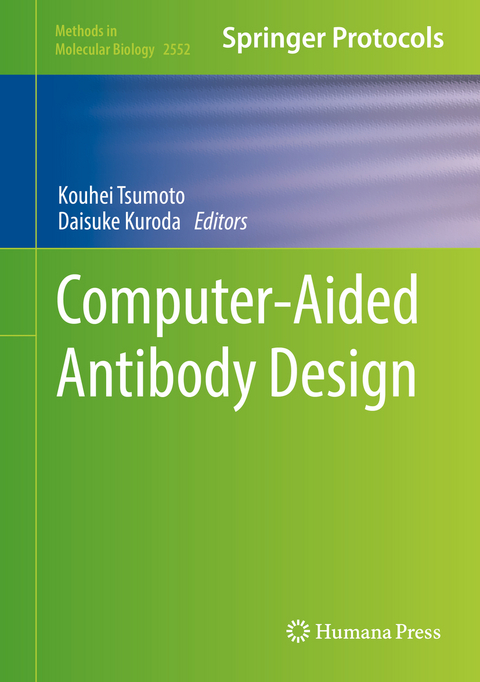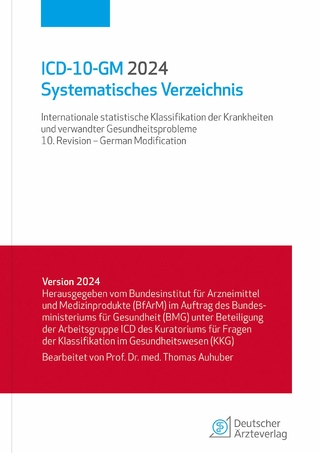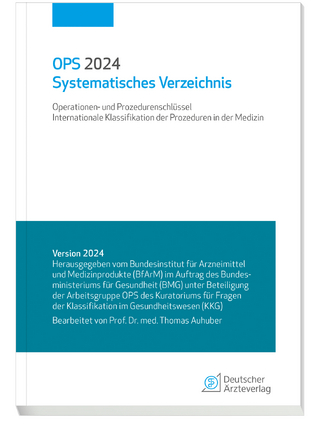
Computer-Aided Antibody Design
Springer-Verlag New York Inc.
978-1-0716-2608-5 (ISBN)
This volume details state-of-the- art methods on computer-aided antibody design. Chapters guide readers through information on antibody sequences and structures, modeling antibody structures and dynamics, prediction and optimization of biological and biophysical properties of antibodies, prediction of antibody-antigen interactions, and computer-aided antibody affinity maturation and beyond. Written in the format of the highly successful Methods in Molecular Biology series, each chapter includes an introduction to the topic, lists necessary materials and reagents, includes tips on troubleshooting and known pitfalls, and step-by-step, readily reproducible protocols.
Authoritative and cutting-edge, Computer-Aided Antibody Design aims to be a useful and practical guide to new researchers and experts looking to expand their knowledge.
Chapter 2 is available open access under a Creative Commons Attribution 4.0 InternationalLicense via link.springer.com.
Antibody sequence and structure analyses using IMGT®: 30 years of immunoinformatics.- Structural Classification of CDR-H3 in Single-Domain VHH Antibodies.- Computational modelling of Antibody and T Cell receptor (CDR3 loops).- Molecular dynamics simulation for investigating antigen-antibody interaction.- Molecular Dynamics Methods for Antibody Design.- Probing antibody dynamics with geometric simulations.- PITHA: a webtool to predict immunogenicity for humanized and fully human therapeutic antibodies.- Thermal Stability Estimation of Single Domain Antibodies Using Molecular Dynamics Simulations.- Assessing and engineering antibody stability using experimental and computational methods.- In Silico Prediction Method for Protein Asparagine Deamidation.- Structure-based Optimization of Antibody-Based Biotherapeutics for Improved Developability: A Practical Guide for Molecular Modelers.- B-cell epitope predictions using computational methods.- Computational Epitope Prediction and Design for Antibody Development and Detection.- Information-driven antibody-antigen modelling with HADDOCK.- Structural modeling of adaptive immune responses to infection.- Protein-Protein Interaction Modelling with the Fragment Molecular Orbital Method.- Structural Considerations in Affinity Maturation of Antibody-Based Biotherapeutic Candidates.- Structure-based affinity maturation of antibody based on double-point mutations.- Antibody affinity maturation using computational methods: from an initial hit to small scale expression of optimised binders.- Optimizing Antibody-Antigen Binding Affinities with the ADAPT Platform.- Using graph-based signatures to guide rational antibody engineering.- A computational framework for determining the breadth of antibodies against highly mutable pathogens.- Analytical method for experimental validation of computer-designed antibody.- Computational analysis of antibody paratopes for antibody sequences in antibody libraries.- Bioinformatic Analysis of Natively Paired VH:VL Antibody Repertoires for Antibody Discovery.- Analyzing antibody repertoire using next-generation sequencing and machine learning.- A computational pipeline for predicting cancer neoepitopes.
| Erscheinungsdatum | 12.11.2022 |
|---|---|
| Reihe/Serie | Methods in Molecular Biology ; 2552 |
| Zusatzinfo | 118 Illustrations, color; 21 Illustrations, black and white; XIV, 491 p. 139 illus., 118 illus. in color. |
| Verlagsort | New York, NY |
| Sprache | englisch |
| Maße | 178 x 254 mm |
| Themenwelt | Informatik ► Weitere Themen ► Bioinformatik |
| Medizin / Pharmazie ► Pharmazie | |
| Studium ► Querschnittsbereiche ► Infektiologie / Immunologie | |
| Naturwissenschaften ► Biologie ► Genetik / Molekularbiologie | |
| Technik | |
| Schlagworte | antibodies • Biotechnology • computational methods • drug discovery • Protein Engineering |
| ISBN-10 | 1-0716-2608-6 / 1071626086 |
| ISBN-13 | 978-1-0716-2608-5 / 9781071626085 |
| Zustand | Neuware |
| Haben Sie eine Frage zum Produkt? |
aus dem Bereich


